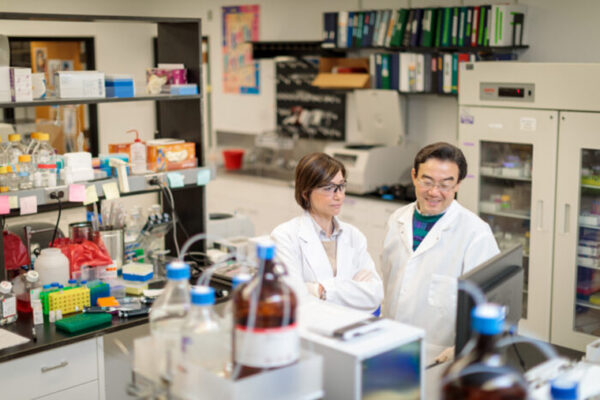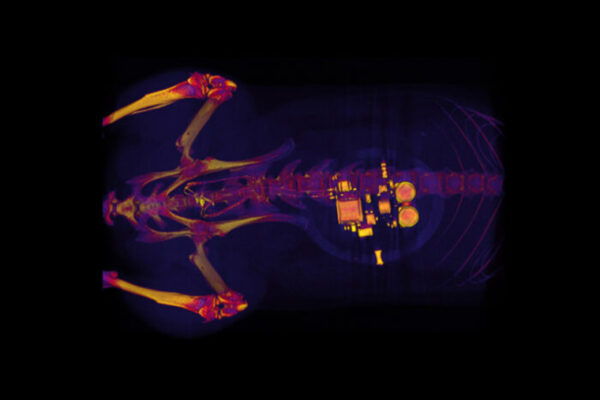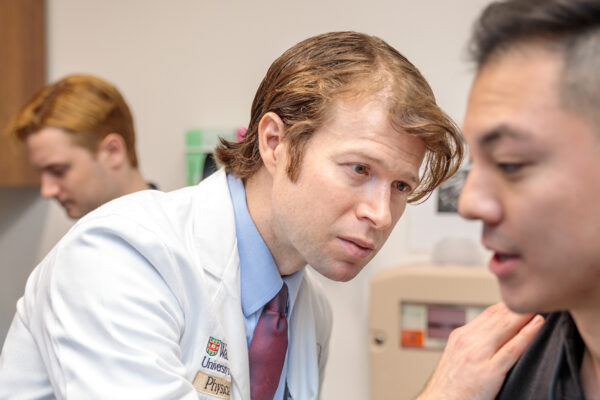$9 million supports deep dive into breast, pancreatic cancers
The School of Medicine has received a $9 million grant from the National Institutes of Health (NIH) to study the life histories of breast and pancreatic cancers. The grant is part of the NIH’s Human Tumor Atlas Network, a large-scale effort to better understand tumors.
Two faculty members named National Academy of Inventors fellows
Jeffrey I. Gordon, MD, of Washington University School of Medicine in St. Louis, and Yoram Rudy, of the School of Engineering & Applied Science, and have been selected as National Academy of Inventors fellows. They will be inducted in April at a ceremony during the academy’s annual meeting in Houston.
Mice sleeping fitfully provide clues to insomnia
Researchers at the School of Medicine — working with mice with sleep problems similar to those experienced by people with the genetic disease neurofibromatosis type 1 (NF1) — believe the animals will help shed light on insomnia linked to NF1 or other factors.
Racial differences in Alzheimer’s disease unveiled
A new study at the School of Medicine finds disparities between African-Americans and Caucasians in a key biomarker for Alzheimer’s disease — suggesting that tools to diagnose the disease in Caucasian populations may not work as well in African-Americans.
Scientists identify new fuel-delivery route for cells
Scientists at the School of Medicine have identified a previously unknown route for cellular fuel delivery, a finding that could shed light on the process of aging and the chronic diseases that often accompany it.
Book explores cancer prevention among low-income women of color
A Washington University in St. Louis interdisciplinary initiative has sparked a wave of faculty research and the publication of a new book examining the incidence of cancer among low-income women of color in St. Louis and the Metro East communities of Illinois, including East St. Louis.
Wright president-elect of orthopedic surgery board
Rick W. Wright, MD, the Jerome J. Gilden Distinguished Professor of Orthopaedic Surgery at Washington University School of Medicine in St. Louis, has been named president-elect of the American Board of Orthopaedic Surgery. Wright will serve a one-year term as president-elect and become president of the organization in October.
Tiny, implantable device uses light to treat bladder problems
A team of neuroscientists and engineers, including some at the School of Medicine, has developed a tiny, implantable device that has potential to help people with bladder problems bypass the need for medication or electronic stimulators.
Moderate drinking not harmful for older patients with heart failure
A study from the School of Medicine suggests that people over 65 who are newly diagnosed with heart failure can continue to drink moderate amounts of alcohol without worsening their condition.
Medication for severe acne alters skin microbiome
A new study from the School of Medicine shows that the common acne medication isotretinoin alters the microbiome of the skin. The study raises the possibility of developing microbiome-based acne treatments.
View More Stories









